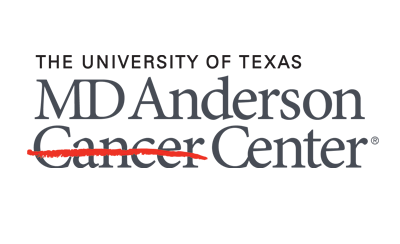Career & Tools
The University of Texas MD Anderson Cancer Center is currently accepting applications for the CPRIT TRIUMPH Postdoctoral Fellowship in translational cancer research. This three-year fellowship aims to further develop talented PhD or MD/PhDs into successful clinical/translational research scientists. Applications are reviewed quarterly with the next cycle due dates of March 31 and June 30, 2020.

The University of Texas MD Anderson Cancer Center is currently accepting applications for the CPRIT TRIUMPH Postdoctoral Fellowship in Translational Cancer Research. This three-year fellowship provides basic, translational, and clinical training and aims to further develop talented PhD or MD/PhDs into successful clinical/translational research scientists. Applications are reviewed quarterly with the next cycle due dates of March 31, 2020 and June 30, 2020.
Additional information regarding eligibility, application process, and current trainees and program alumni profiles are found here. Outstanding first or second year post-docs and graduate students who are within 12 months of defending their PhD are highly encouraged to apply now.
Program Description
The Cancer Prevention & Research Institute of Texas (CPRIT) TRIUMPH Postdoctoral Fellowship Program at MD Anderson Cancer Center is a post-doctoral program providing unique training in clinical and translational research. The immediate goal of âtheir program is to recruit talented and productive PhDs and train them to pursue clinical and/or translational research through didactic coursework as well as clinical rotations and a unique mentorship. A long-term goal of this program is to produce scientists who can be paired with suitable physician scientists to co-PI a research laboratory.
The CPRIT TRIUMPH Program is a three-year training program. The first year, postdoctoral fellows participate in a series of didactic clinical course work offered at the MD Anderson UTHealth Graduate School (GSBS), MD Anderson Cancer Center, or the UTHealth McGovern School of Medicine and strategically matched clinical rotations, while pursuing research in a basic or translational research laboratory. Second and third year fellows are co-mentored by a basic science/translational scientist mentor and a physician/clinical scientist mentor on clinical/translational research projects. The expectation for our post-docs is that by the end of their 3-year training, they will have first authored manuscripts high impact journals. âTheir multidisciplinary training program will award a certificate upon completion.
Questions? Please contact Dr. Kari Brewer Savannah, Program Managerâ.